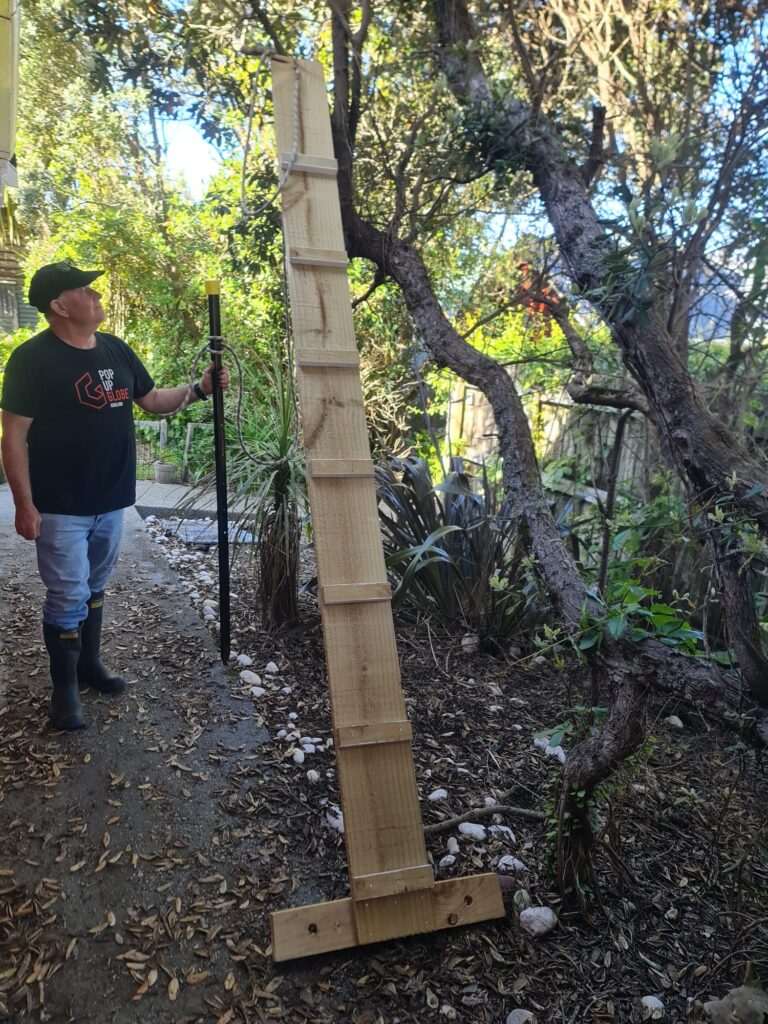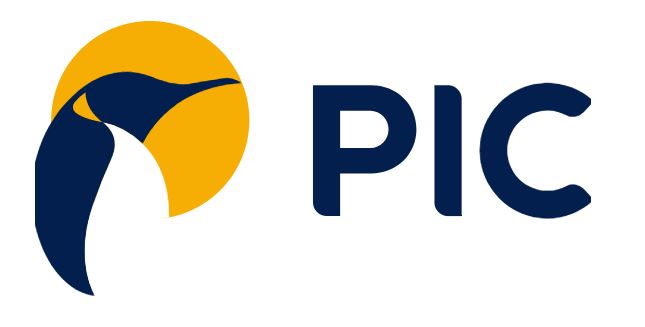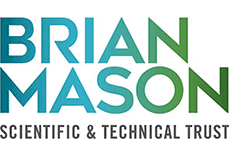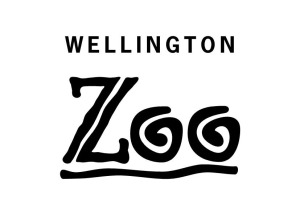
The West Coast Penguin Trust presented the “Community Conservation Symposium – How, what and why for conservation on the West Coast” on 14-15 June 2018. With 119 participants for the conference day and 65 joining field trips on day two, numbers were much greater than expected and the whole event was a huge success.
Our aim was to support community conservation groups and projects in the region by bringing expert speakers to them and facilitating networking with each other and with potential advisors and partners. This was achieved through a very professional and well received event, enabled by a $10k grant from the Lottery Environment & Heritage Fund, plus generous grants, donations and support from DOC and the Sargood Bequest.
 The first day was a conference with a variety of experienced speakers and held at the Shantytown conference venue near Greymouth; the second day comprised three field trips to a variety of community conservation projects. Feedback was overwhelmingly positive.
The first day was a conference with a variety of experienced speakers and held at the Shantytown conference venue near Greymouth; the second day comprised three field trips to a variety of community conservation projects. Feedback was overwhelmingly positive.
26 community conservation organisations and three schools were represented as well as over 20 individuals interested in community conservation, plus a variety of other organisations including biodiversity and community rangers from the Department of Conservation and key members of Te Runanga o Ngati Waewae. DOC also p rovided key note speakers and Ngati Waewae graced the event with a formal welcome and farewell. In addition, we were fortunate to have excellent speakers from Forest & Bird, Landcare Research, Lincoln University, the local Department of Internal Affairs office and local community conservation organisations. The field trips were led and hosted by several community groups.
rovided key note speakers and Ngati Waewae graced the event with a formal welcome and farewell. In addition, we were fortunate to have excellent speakers from Forest & Bird, Landcare Research, Lincoln University, the local Department of Internal Affairs office and local community conservation organisations. The field trips were led and hosted by several community groups.
Although it was targeted at the community on the West Coast, we were pleased to welcome several participants from as far afield as Dunedin and Hawkes Bay. Our own Trust was fortunate to meet a post graduate student interested in our work and has been able to develop a Masters project for her in 2019, benefiting  both the student and our blue penguin conservation project. Our Education Ranger was able to strengthen or create relationships with the three schools that were represented and we have heard similar stories from other groups.
both the student and our blue penguin conservation project. Our Education Ranger was able to strengthen or create relationships with the three schools that were represented and we have heard similar stories from other groups.
We believe the profile of community conservation in the region has been raised as a result of the symposium. The extent of community conservation in the region is broader and deeper than perhaps had been realised until connected through this event. Several groups funded a couple of their members to attend and they will have returned to their groups with new knowledge and new contacts. Information was provided by experts and those with vast experience in conservation and was pitched to be of value no matter the individual’s level of knowledge or experience.
The symposium had two areas of focus – ecology and community conservation management.
 Both areas were of value to those present, the first covering an overview of ecology on the coast and, through each speaker, developing an understanding of the values, the issues, and practical conservation management including predator control and restoration. Management of trusts was included to support those working and volunteering in community conservation trusts, for example fundraising, governance and managing volunteers, but just as importantly, to demonstrate the range of issues and challenges that have to be addressed by groups like ours to organisations like DOC, who can be unaware of the extent of varied demands on charitable trusts.
Both areas were of value to those present, the first covering an overview of ecology on the coast and, through each speaker, developing an understanding of the values, the issues, and practical conservation management including predator control and restoration. Management of trusts was included to support those working and volunteering in community conservation trusts, for example fundraising, governance and managing volunteers, but just as importantly, to demonstrate the range of issues and challenges that have to be addressed by groups like ours to organisations like DOC, who can be unaware of the extent of varied demands on charitable trusts.
The two high schools that brought students and a primary school teacher were inspired by the event, valuing the knowledge gained and an insight into conservation in the region.
Predator control is a major focus in New Zealand at present, and DOC valued and made the most of the opportunity to share updates, plans and practical skills with the participants while those already involved in trapping projects or keen to be, valued the opportunity to ask questions, connect to experts and experience the various traps available.
 Our reason for presenting this event was to support those involved or potentially involved in community conservation in our region to gain a greater understanding of the natural heritage and environment and therefore how their area or project fits into the wider picture. They also learned about the threats and how they can be addressed including practical skills, they gained knowledge and skills in those areas of community trust work behind the scenes and rarely supported including governance, fundraising, volunteer management and financial reporting. In addition, networking opportunities were emphasised, encouraged and supported – and taken and valued. The field trips added an understanding of local projects and enabled more discussion and networking among participants, with many useful contacts being made and developed.
Our reason for presenting this event was to support those involved or potentially involved in community conservation in our region to gain a greater understanding of the natural heritage and environment and therefore how their area or project fits into the wider picture. They also learned about the threats and how they can be addressed including practical skills, they gained knowledge and skills in those areas of community trust work behind the scenes and rarely supported including governance, fundraising, volunteer management and financial reporting. In addition, networking opportunities were emphasised, encouraged and supported – and taken and valued. The field trips added an understanding of local projects and enabled more discussion and networking among participants, with many useful contacts being made and developed.
As a result, we are confident that conservation outcomes will be improved, threats will be better managed, habitat will be restored and protected and community conservation groups will be stronger and better managed.
We conducted a survey of participants after the event and 41 responded. We were supported in this by Malatest International, who aim to survey conference attendees to assess the economic value to New Zealand. We were pleased to note that local participants spent on average $164 per person, and
those from beyond the west coast spent an average of $493 per person.
However, our f ocus of the survey was to find out whether the event had been of use and the feedback was hugely reassuring in this regard
ocus of the survey was to find out whether the event had been of use and the feedback was hugely reassuring in this regard
Symposium dinner at Shantytown June 2018. For values including speakers, value for money, the knowledge or skills gained, the networking opportunity and the event overall, average ratings were between 4.2 and 4.7, where 1 is very poor and 5 is very good.
Here are some of the comments in response to ‘what did you like most about the conference?’:
“Networking opportunities. Meeting the other guest speakers and gleaning knowledge from their presentations”,
“Learning about the ecology of west coast and about pest control”,
“great speakers, well prepared, good visuals, easy to hear, great messages”,
“everybody getting an educated view on where community conservation fits into the bigger picture”,
“Learning & being with like minded people”,
“Was a great symposium, particularly the field trips to see local conservation groups in action,”
“The symposium was unique in bringing experts in conservation from afar to less than 100km from my home, so it
was a unique opportunity”,
“Well organised & informative symposium. Very happy I attended”,
“A well organized, balanced and professional event with good speakers and field trips (Great turnout!)”,
“Excellent symposium for networking. Informative for new groups”,
“Excellent assortment of speakers”,
“The inspiration factor that plenty of people are dedicated to conservation and whole communities are involved”.
The Trust would like to repeat its gratitude to funders: Lottery, DOC and Sargood Bequest, say a huge and heartfelt thank you to the wonderful speakers and field trip leaders who put so much time into preparation and being there, add an enormous thank you to those who attended, taking time to support both our event and their own interest and involvement in community conservation and last but of course not least, a massive thank you to the team of volunteers who made the event a success on the day.
2018-06-11 Community Conservation Symposium 14-15 June 2018 Programme





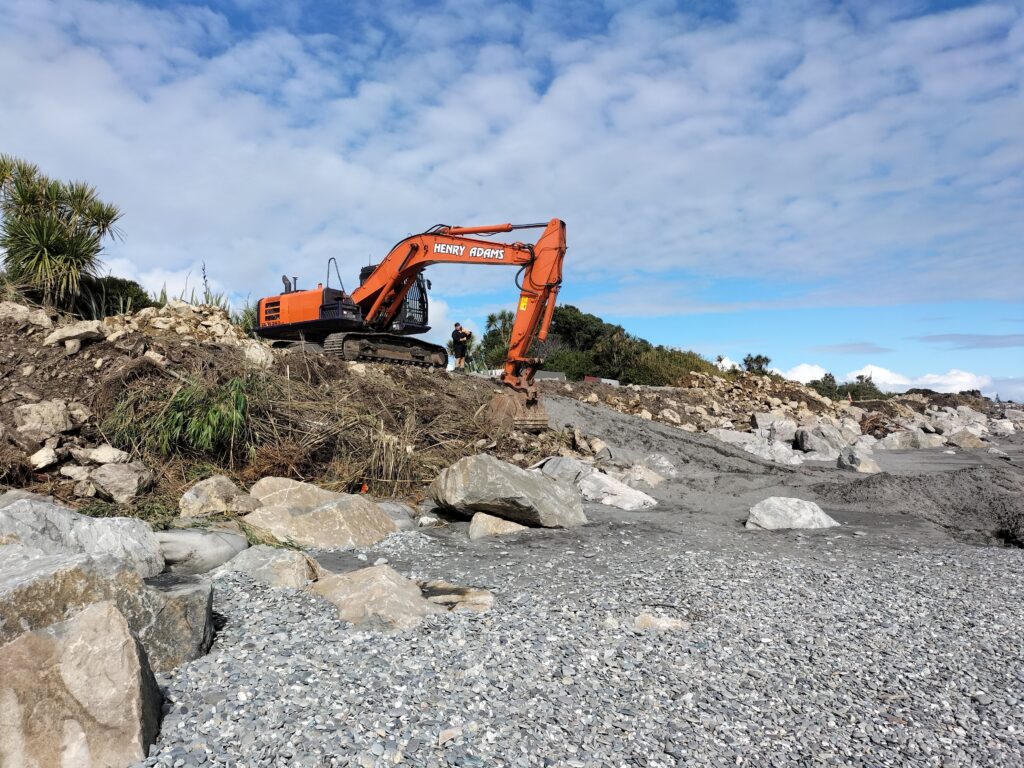
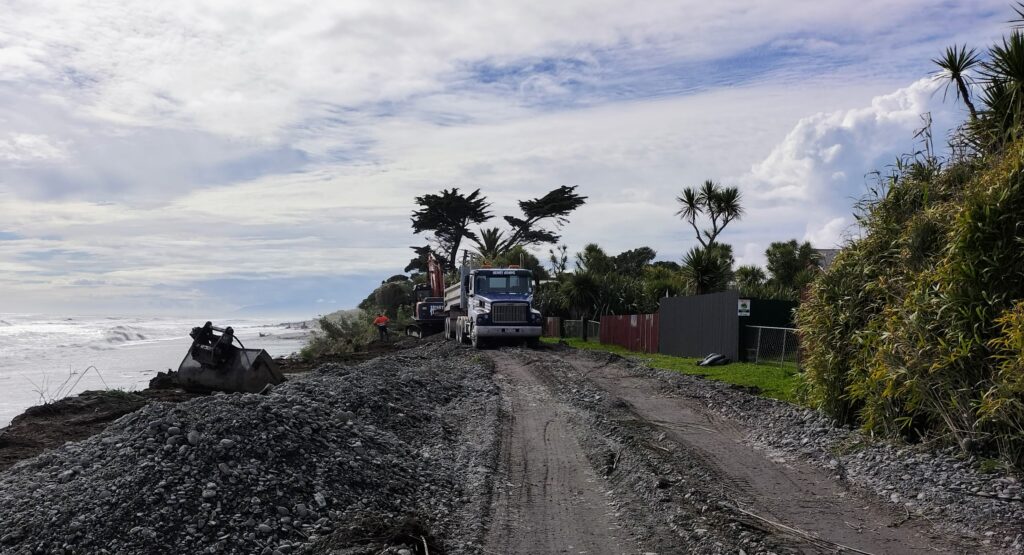
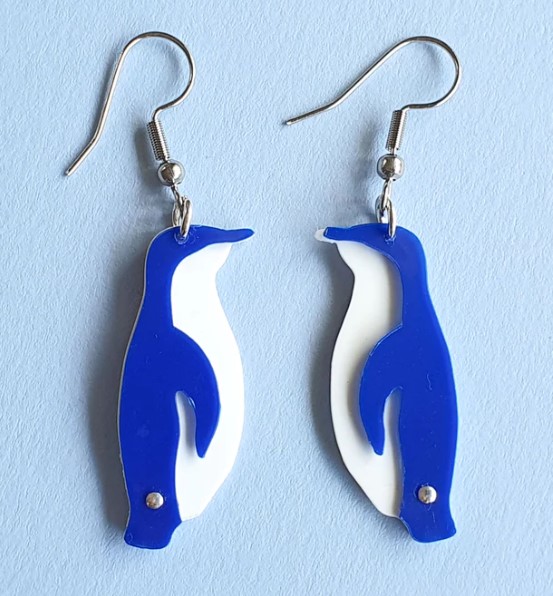
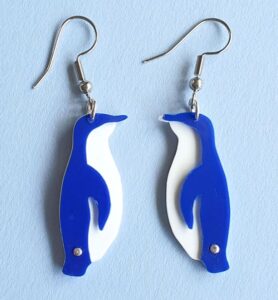

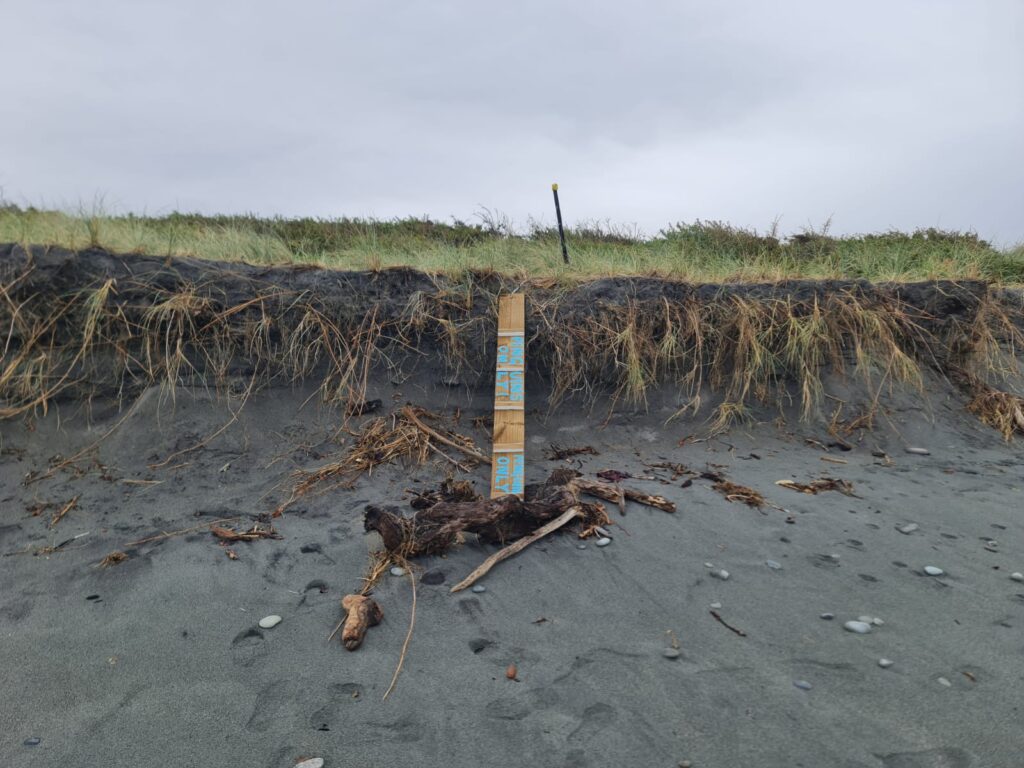
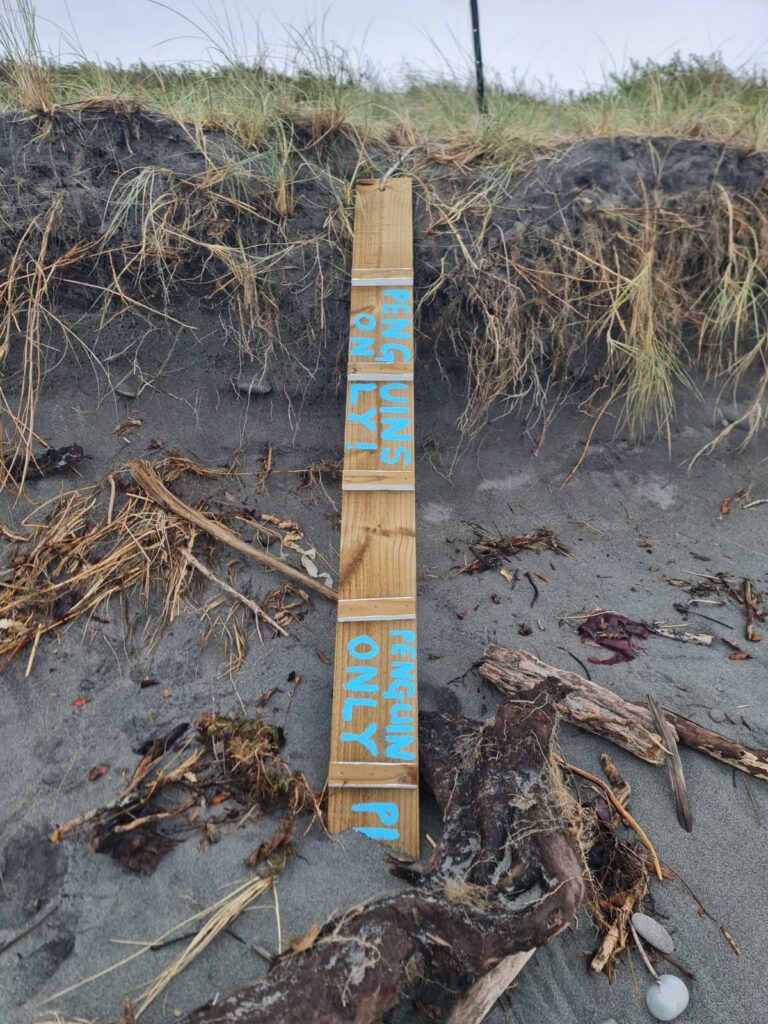 We put the new ramp out on the beach as a trial run, with a camera to record the usage, however with much technology issues with the camera, we didn't get a confirmed answer as to whether the ramp needed altering or not. Next season we will try again.
We put the new ramp out on the beach as a trial run, with a camera to record the usage, however with much technology issues with the camera, we didn't get a confirmed answer as to whether the ramp needed altering or not. Next season we will try again.
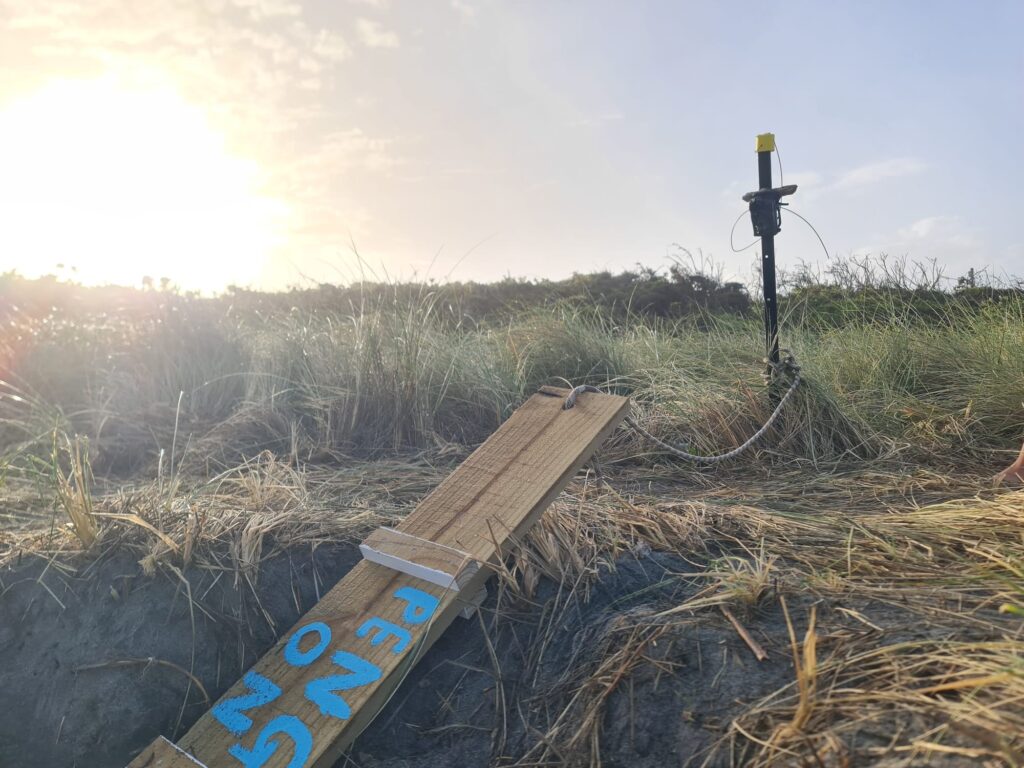 A big thank you to the students for their time and energy. But particularly to Peter, who turned up on a Sunday afternoon having built a huge ramp and a floatation system.
Watch this space!
A big thank you to the students for their time and energy. But particularly to Peter, who turned up on a Sunday afternoon having built a huge ramp and a floatation system.
Watch this space!
